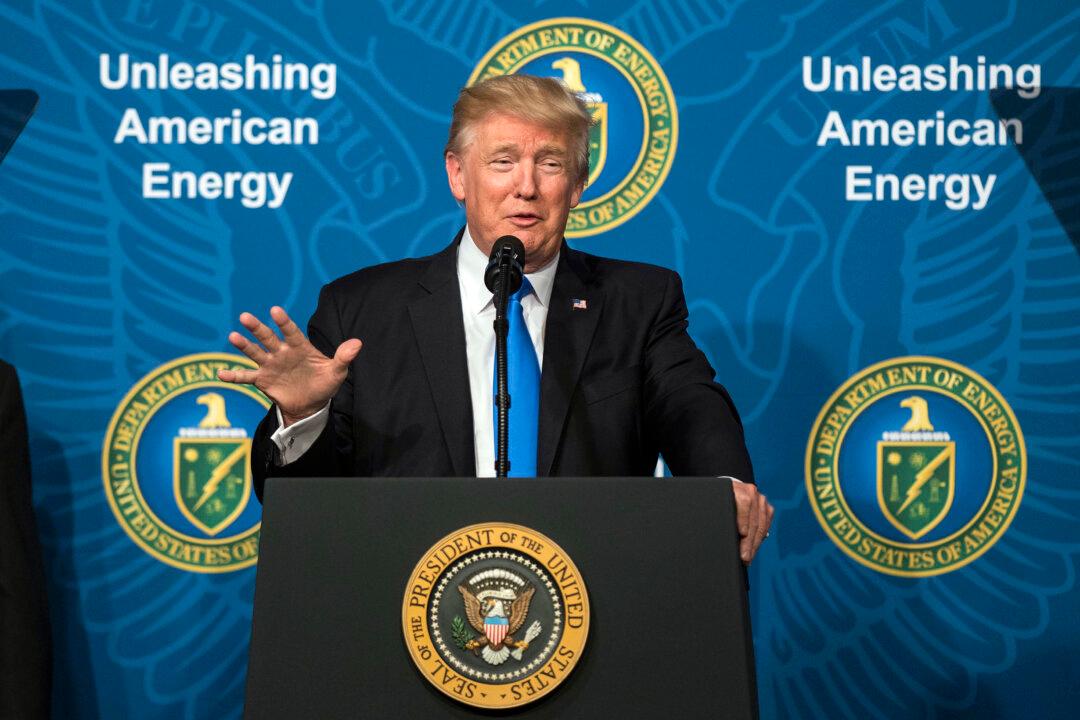WASHINGTON—President Donald Trump signed an executive order on May 1 that seeks to protect the U.S. electricity system from cyber and other attacks in a move that could eventually put barriers on some imports from China and Russia.
Trump declared in the order that the threat to the U.S. power system represents a national emergency, which allows the government to put in place measures such as the creation of a task force on procurement policies for energy infrastructure.





